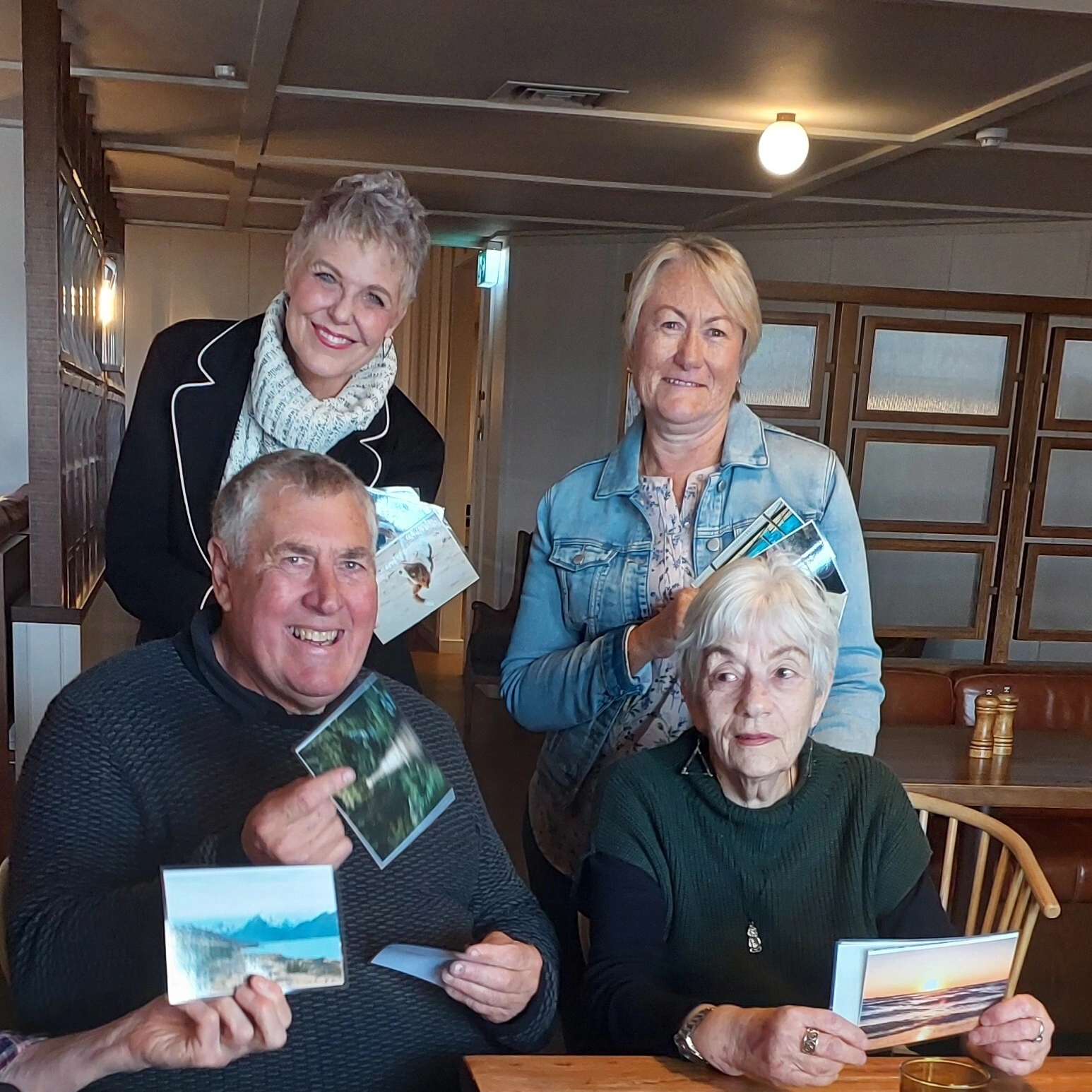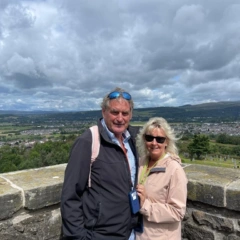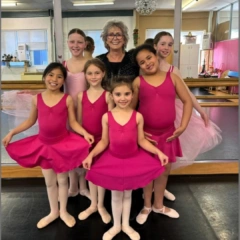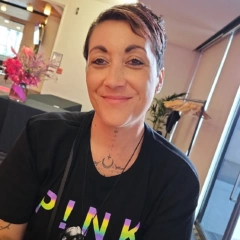That’s just life
Retired teachers Barbara and Gary spent much of their careers moving around the North Island, teaching at small-town schools with their two daughters in tow. “I was a teacher for probably 40 years,” Barbara says. “I’ve taught at all levels, from five to 14 years of age. The kids were different in every single place we went.”
The pair eventually settled in Taupō, and as she approached retirement age, Barbara decided it was time to say goodbye to teaching. “I thought I’d step back and let somebody younger do it!”
By this point, she’d been struggling with aches and pains for several years. “I’d been going to the doctor at least twice a year because my bones hurt. My joints and muscles hurt. And I was tired. But I’d thought, ‘Oh, that’s just life.’”
Then, in 2019, Barbara was alerted to the fact that there might be something else going on. After being turned away from donating blood due to low iron levels, she made an appointment to see her GP.
“I had some blood tests, and some more blood tests, and some more blood tests…”
She was referred to a specialist, who decided she needed B12 injections. “Back in 2019, B12 was pretty fashionable,” she says. “So I was having these B12 injections three times a week. I thought, ‘This is just silly.’”
In the meantime, Barbara had been doing her own research. “I had gone through our good friend Doctor Google, and after looking at all the info there, I had already decided I had myeloma.”
She discussed this possibility with her GP and asked to be referred to a haematologist.
“I had the bone marrow biopsy and the MRI – all the scans and tests that they do – and then at the end of March I went up to Hamilton and saw the haematologist, and she said it was multiple myeloma.”
Barbara says she didn’t feel shocked when her diagnosis was confirmed. “I guess I’m quite a stoic kind of person,” she says. “I was just like, ‘Oh, that’s a pain.’ But I was quite lucky that there were no long wait times. From the time of the blood donation rejection, it was only really about a month before I was diagnosed.”
She was started on weekly VELCADE injections. “After only a fairly short time, in April, I got this phone call saying to get up to Waikato Hospital straight away. My kidneys were starting to fail. I think they called it tumour lysis syndrome, where there was an overload of the dead cells and my kidneys couldn’t cope.”
Up at the hospital, she spent 40 hours on an IV drip to flush out her kidneys.
“That first year was the hardest. That was when I had all the neuropathic pain, which could be absolutely excruciating, as well as nausea, vomiting, diarrhoea, rashes, and just feeling absolutely exhausted.”
As well as these challenging side effects, Barbara missed being able to do her usual activities. “I had to give up golf croquet and going to fitness classes and all that sort of thing.”
At the end of 2019, Barbara had an autologous stem cell transplant. “That was pretty interesting,” she says. “I was given this whole lecture about the fact that, at my age, things could be quite difficult. With the stem cell harvest, they said I would probably have to do it over three days – well, after one day, they had more than enough. So I was really happy about that.”
She was told that after the transplant, she would likely need to stay in hospital for four or five weeks. “And I was actually home in about 12 days!”
Following her transplant, she was started on thalidomide, switching to lenalidomide in April 2020 when it became funded.
Barbara glances at her diary to remind herself of how everything played out after that first year.
“You know what? From 2020 onwards I have very little written in my diary, because you just know that some days are good, and some days are not so good, and that’s it, really.”
On the not-so-good days, Barbara has good support. She says her husband, Gary, has been fantastic. “You know, just things like cooking – he’s definitely expanded from baked beans on toast, put it that way!”
As well as leaning on Gary, Barbara knows she can turn to LBC for support. She’s in touch with her local LBC Support Services Coordinator, Sean, and goes along to the Taupō support groups.
“I go to our local meetings with Sean every couple of months, and I really enjoy that. Apart from catching up with the others, Sean usually has info to pass on or discuss.”
Last year, almost five years after first being diagnosed, Barbara was given some great news – she was in complete remission, although she was told that this was supplemented by the lenalidomide she was still taking.
“Then, in April last year, I went off all drugs, and I haven’t been on any medications since.”
The best part? “I was just told I’m still in complete remission.”





